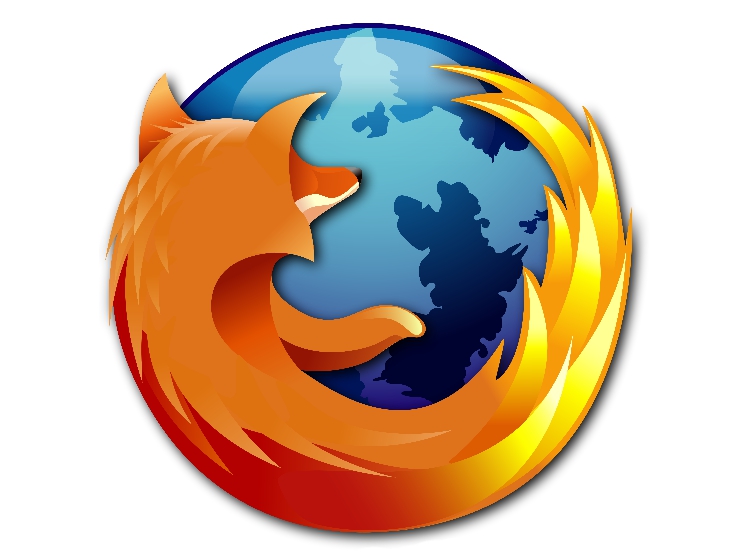Happy Birthday Firefox, You're Now 7 Years Old!
Firefox has just turned seven years old.
Firefox has just turned seven years old. Following its initial release in 2004, the browser has altered the browser landscape and acquired substantial market share, but recently has, once again, become the underdog in a cut-throat browser war that is more and more fought between Google and Microsoft.
Firefox was originally part of the Mozilla application suite, but is now considered to be the core product of Mozilla. However, while Firefox is likely to remain the most popular application for some time, Mozilla earlier this year said that it will be looking to expand its reach beyond the plain browser, especially when it will introduce the Boot-to-Gecko OS in Q1 of 2012.
2011 has brought a massive shift for Firefox, not just because the introduction of a significantly different UI in Firefox 4, but especially because of the introduction of a rapid release cycle model that pays tribute to a widely deployed agile development method as well as the replacement of key personalities at Mozilla. Mike Beltzner, director of Firefox left the company shortly after the launch of Firefox 4; vice president Mike Shaver left to take a position at Facebook; and UI lead Alex Faaborg just recently announced his departure without revealing his destination.
In a brief note announcing the birthday of the browser, the organization noted that Firefox 8 is about 32 times faster than Firefox 1. Still, the overall market is changing even faster and Mozilla has had trouble keeping market share. Over the past 12 months, Firefox has lost close to five points of market share and will, most likely, be surpassed by Chrome this month, according to StatCounter's preliminary data. For the first ten days of November, Firefox market share is estimated at 25.56 percent, just ahead of Chrome with 25.30 percent. Compared to the September, Firefox has surrendered more than 0.8 points of share, while Chrome has gained 0.3 points.
Get Tom's Hardware's best news and in-depth reviews, straight to your inbox.

Wolfgang Gruener is an experienced professional in digital strategy and content, specializing in web strategy, content architecture, user experience, and applying AI in content operations within the insurtech industry. His previous roles include Director, Digital Strategy and Content Experience at American Eagle, Managing Editor at TG Daily, and contributing to publications like Tom's Guide and Tom's Hardware.
-
rb420 How does stat counter collect usage statistics?Reply
"As of 1 June 2010, our tracking code is installed on more than 3 million sites globally."
Isn't it possible that most people who use firefox also use add-ons that interfere with their "tracking code" -
nukemaster otacon72FF8 is horrible. Crashes left and right....doesn't even need flash now. Still a memory hog. Stopped using FF after v4.Not gonna lie. FF almost never crashed on me, but FF8 has done it 2 times in 2 days. hope it is just a fluke.Reply
As for memory, yeah over 300mb for 1 tab is pushing it, but with ram so cheap, that has not bugged me yet. -
wiinippongamer Mozilla is cool for their support to open-source philosophy and all that, but they've only been pulling out crap since FF 3.0, Chrome is infinitely better IMO.Reply -
eddieroolz Memory use still bugs me. Sure, I might have 6GB of RAM on this laptop but when a browser uses 1/6 of that for ~10 tabs...I can't help but dislike it.Reply
-
g-unit1111 I remember it took forever to get from version 2 to version 3 and then forever from 3 to 4, and now we're on 8.Reply
Version 2 was still the best version of Firefox out there, too bad we can't use it anymore. -
runswindows95 Since today, I've had to quit using Firefox. A lot of sights are acting buggy. I can't even log into THG on FF. So, till it's fixed, I'll be using Chrome.Reply
